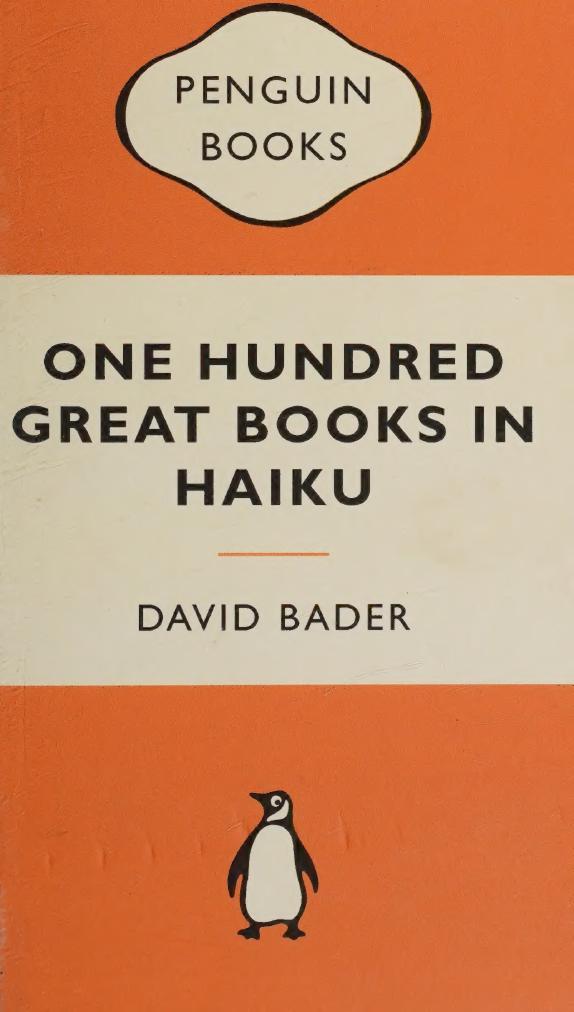

Most ebook files are in PDF format, so you can easily read them using various software such as Foxit Reader or directly on the Google Chrome browser.
Some ebook files are released by publishers in other formats such as .awz, .mobi, .epub, .fb2, etc. You may need to install specific software to read these formats on mobile/PC, such as Calibre.
Please read the tutorial at this link: https://ebookbell.com/faq
We offer FREE conversion to the popular formats you request; however, this may take some time. Therefore, right after payment, please email us, and we will try to provide the service as quickly as possible.
For some exceptional file formats or broken links (if any), please refrain from opening any disputes. Instead, email us first, and we will try to assist within a maximum of 6 hours.
EbookBell Team

5.0
58 reviewsPreviously, books had been so scarce that it was not uncommon for a library to have only a handful of bound Latin manuscripts, chained to a desk. Beach reading was rare and required furniture movers. After Gutenberg, millions of books on all subjects were published, some of them highly influential, ‘great’, or at least very long. This in turn led to eyestrain, paper cuts, deforestation and adult reading groups.
In Japan, meanwhile, the seventeen-syllable haiku began to emerge. Developed by Zen monks possibly suffering from attention deficit disorder, these poems were packed with keen insights on frogs and cherry blossom yet short enough to be recited in a single breath. Japanese readers could experience and savour the finest haiku of Bashé in its entirety (three lines), while Western readers of, say, John Milton’s Paradise Lost (10,000 lines) were still staring at the title page.
This collection attempts to combine these two breakthroughs. Condensed into haiku, the ‘Great Books’ are now within reach of even the shortest attention spans. The formal requirements of haiku (three lines of five, seven and five syllables, respectively) have, admittedly, made it necessary to cut some things, such as characters, plot, dialogue and descriptive passages. Still, these are small sacrifices in view of the huge savings in time and shelf space. As an added benefit, when asked, ‘Did you really get all the way through War and Peace?’ readers can now suavely reply, ‘No, but I read the haiku.’
Deciding which books to include was difficult, as there were so many worthy candidates. In the end, selections were made on the basis of a scientific formula that took into consideration historical importance, originality, weight (in hardcover) and impact on the reader (both as a book and as a sedative). The result is this set of one hundred haiku, designed to be read and enjoyed
…